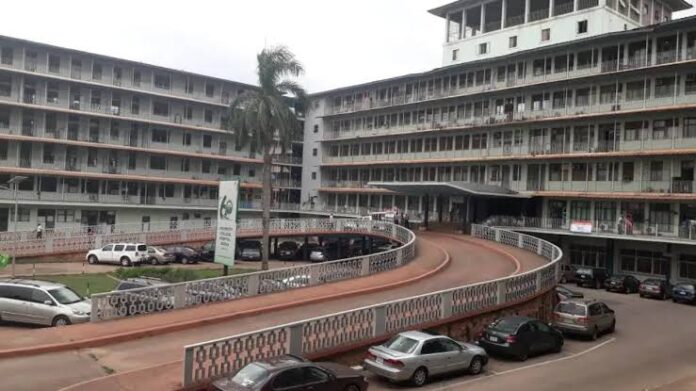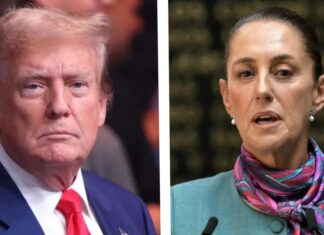By Ishaya Ibrahim
For 17 days, patients at the University College Hospital (UCH) in Ibadan, Oyo State, have been left in darkness, triggering a water shortage crisis.
UCH falls under the “Band A” electricity tariff structure, obliging it to a substantial monthly payment of N80 million to maintain power. This financial burden has reportedly strained the hospital’s budget, with arrears accumulating and leading to the recent power disconnection by IBEDC. The disconnect has triggered a cascade of operational challenges within the hospital, with patient care bearing the brunt of the disruption.
Chairman of the Joint Health Sector Unions (JOHESU) at the University College Hospital (UCH), Ibadan, Mr. Oladayo Olabampe, said the hospital’s inability to sustain the payment led to the disconnection of supply from the facility by the Ibadan Electricity Distribution Company (IBEDC) on October 26.
While noting that UCH has not had a power supply since then, Olabampe appealed to the Federal Government to urgently intervene in the hospital’s power outage crisis.
“There has been no power at UCH since October 26, when the Ibadan Electricity Distribution Company (IBEDC) disconnected the hospital over accumulated debts.
“The bills from IBEDC are alarming and outrageous for an institution like UCH. The government must step in to assist the hospital,” he explained.
Olabampe further emphasized the dire situation, saying, “The power costs are overwhelming, costs are killing us. We are paying between N70 million and N80 million each month, yet we still rely on diesel to keep essential services running because we don’t have light for 24 hours.”
The financial burden on UCH has been compounded by the fact that many of its patients are unable to pay for the medical services they receive.
As a public hospital, UCH is expected to provide care to those in need, often at little or no cost.
Olabampe pointed out that UCH had been assigned to a high-cost electricity band (Band A) by IBEDC, which the hospital could not afford.
Despite requests to be moved to a lower-cost band (Band B), IBEDC has not acted on the hospital’s plea, leaving UCH in a dire financial position.
“This is why the hospital management requested that IBEDC downgrade UCH to Band B, where the costs are more manageable. However, IBEDC has yet to make this change.”
The JOHESU Chairman is now calling on the Federal Government to urge IBEDC to return UCH to Band B, which the hospital can better afford.
He also appealed to philanthropists and well-meaning Nigerians to lend their support to the hospital.
He further noted that Federal Government hospitals like UCH are meant to provide “welfare” services. “
At times, some patients can’t even pay after receiving treatment due to financial constraints.
“We ask IBEDC to work with UCH management to settle part of the outstanding bill for now, so they can reconnect us while payment negotiations continue,” he added.
In addition to the electricity challenges, relatives of patients at UCH have expressed concerns about the impact of the power outage on patient care.
Some patients have faced delays in receiving medical attention and test results due to the lack of power, further aggravating an already critical situation.
“Patients are suffering. My father hasn’t been attended to because the results of his test haven’t come out, and they keep saying ‘no light,’’ said Mr. Ismail Mohammed, a relative of one of the patients.
Despite these challenges, UCH management is working tirelessly to find solutions and restore normal services, with Olabampe expressing hope that the situation will soon improve.
“We are doing our best to address the power issue. But we need government intervention to ease the financial burden and ensure uninterrupted services,” Olabampe concluded.
The JOHESU Chairman’s call for urgent support comes as UCH continues to struggle with balancing its operational costs and the need to provide quality healthcare to the people of Ibadan and beyond.













